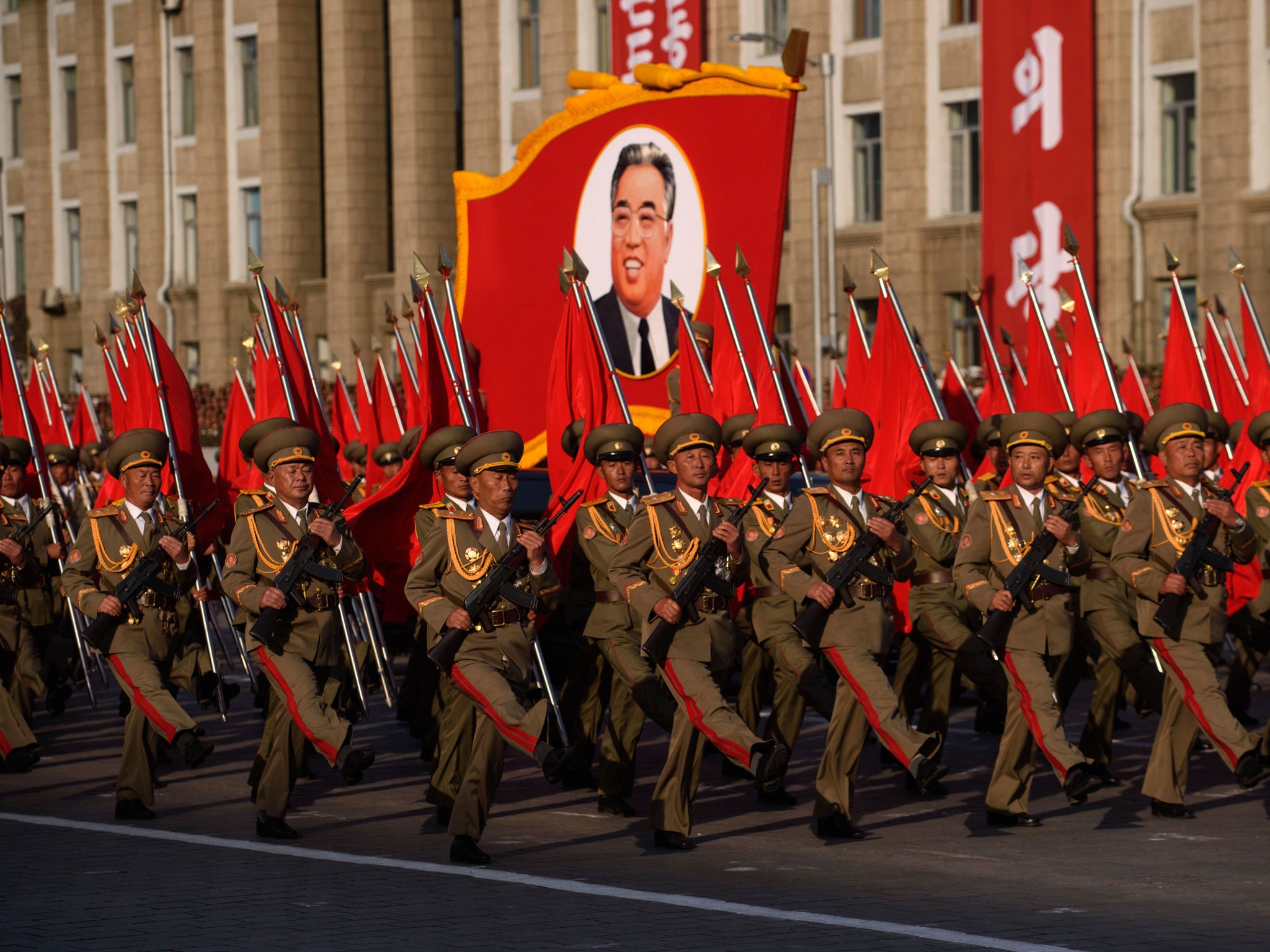The Invitation-Only Zone by Robert S. Boynton, book review
A study that attempts to get to the bottom of the abduction of Japanese citizens by a paranoid North Korean regime

The story by Robert Boynton is one that belongs in the box "you could never make it up". In the 1970s and early 1980s, the strange, secretive and paranoid regime in Pyongyang (or elements within it) masterminded the kidnapping of Japanese citizens and spirited them away to North Korea where they were housed in special "invitation-only" parts of town – and re-educated to serve the cause of Kim Il-sung. The subtitle, "The extraordinary story of North Korea's abduction project", is a fair summary.
The subject, says Boynton – an American journalist and now professor – became an obsession after he saw a newspaper picture of five of the abductees returning to Japan in 2002. And what continually spurred him on, even as the rest of the US was preoccupied with 9/11, was why. It is the same question that probably bothers anyone familiar with these incidents – and, I have to admit, still bothers me, even after reading Boynton's 250 briskly-written pages.
Why did North Korea go to all the trouble, and run the considerable risk, of abducting Japanese citizens, including fishermen, courting couples, students travelling abroad and a 13-year-old girl on her way home from after-school sports? And why did it then try to tutor, or brainwash, them to the point where they could "pass" as North Korean?
Boynton offers various explanations. Those abducted were to be sent back to their homeland as spies (but this seems not to have happened). North Korea wanted to use the Japanese to train its own spies so they would blend in to the sophistication of Japan (but there is scant evidence of that, either). North Korea wanted them to produce children – hence the young couples – who would be culturally North Korean, but genetically Japanese, so their Korean links would be deniable if Japan caught them and tested their DNA (yes, really) – except that this, too, seems not to have happened. Was there an element of payback for Japan's occupation of Korea? The world according to North Korea remains hard to fathom.
While rumours had circulated for years, Boynton says, Japan's difficult (to put it mildly) history of relations with Korea, and Tokyo's fear of even mentioning anything that might upset its post-war security, made the abductions taboo. It was only in 1987, when a South Korean plane was bombed out of the sky over Thailand and one of the bombers, a young North Korean woman travelling on a false Japanese passport, was caught, that the truth started to emerge.
The unravelling of the project, and the diplomacy that accompanied it, is perhaps the most fascinating part of the book. For although Boynton structures the main part of his tale expertly, splicing the necessary history and politics with personal detail about individual abductees, any sense of how these summarily uprooted Japanese actually lived and coped with their situation is quite thin, and much of what he recounts is already known.
The final chapters seem fresher. The plight of Japan's chief negotiator, Hitoshi Tanaka, is particularly poignant. Having applied ingenuity to securing what once seemed impossible – not only an acknowledgement from North Korea that abductions had taken place but an apology – this one-time diplomatic whizz-kid was pilloried for not having extracted enough. The popular belief in Japan was that the real number ran into hundreds, not the 13 admitted by Pyongyang, and that the eight said to be dead were probably still being held.
In assessing the fallout, both political and personal, Boynton is at his most acute. In high politics, this strange episode seems to distil the sensitivities between Japan and both Koreas – people and cultures at once so like, and so unlike, each other. On the human level, the predicament of the Japanese who returned has no good solution: once kidnapped, now caught between two worlds, and even they do not understand why.
Atlantic Books, £16.99. Order at £14.99 inc. p&p from the Independent Bookshop
Subscribe to Independent Premium to bookmark this article
Want to bookmark your favourite articles and stories to read or reference later? Start your Independent Premium subscription today.

Join our commenting forum
Join thought-provoking conversations, follow other Independent readers and see their replies